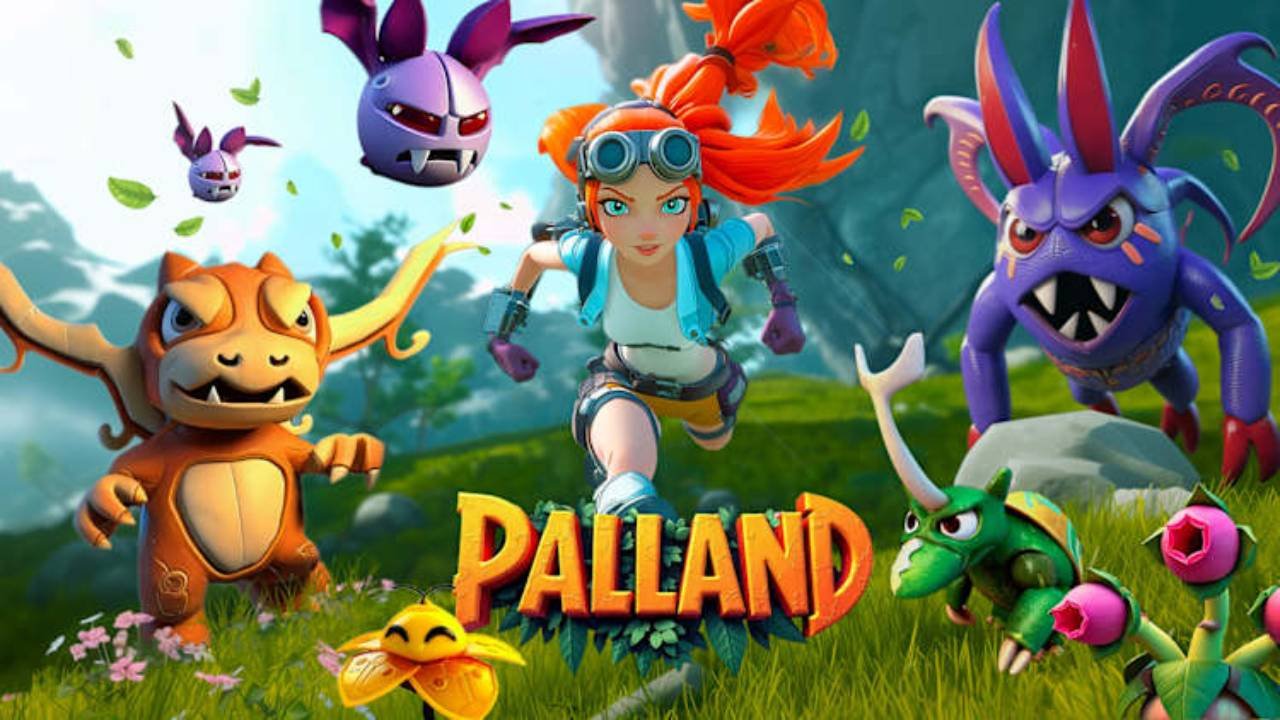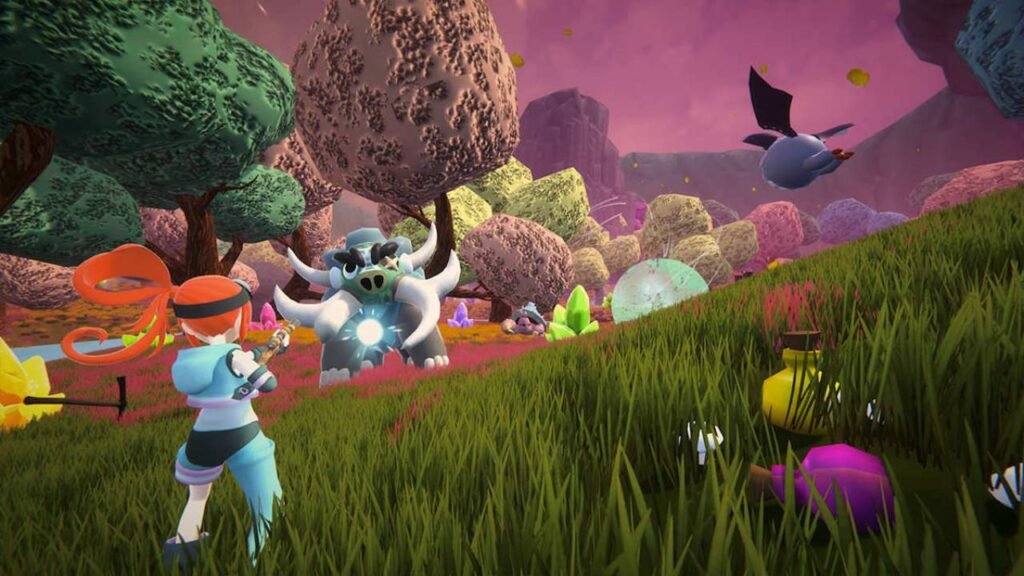From Accused to Being Copied
Palworld has spent much of its existence under a cloud of controversy. Accused by The Pokémon Company and Nintendo of imitating the Pokémon formula, its developers have been navigating ongoing legal challenges without a final verdict in sight.
Now, the situation has taken an ironic turn — Palworld itself has apparently been cloned. Enter Palland, a Nintendo Switch title that looks and plays strikingly similar to the hit survival creature-collector, albeit with far lower production values.
What is Palland?
Currently available on the Nintendo eShop for just US$4, Palland offers a familiar loop:
- Capture creatures and assign them to combat or work tasks
- Build and customise bases
- Gather resources to progress and expand
While the core gameplay ideas mirror Palworld, the execution is notably less polished than Pocketpair’s offering. Players will notice:
- Lower-resolution textures and simpler models
- Limited animation variety
- Slower movement speeds that can make exploration feel sluggish
These technical drawbacks may test player patience, even at its budget-friendly price point.

The Irony of Availability
Perhaps the most curious element of this story is that Palworld itself is not currently available on Nintendo Switch, yet its alleged imitator is. Whether Palworld’s developers can take action to have Palland removed remains uncertain, especially given their unresolved disputes with Nintendo. It would also make for an interesting legal merry-go-round.
A Cycle of Imitation in Gaming
The release of Palland adds a new layer to the industry’s ongoing conversation around originality, inspiration, and outright cloning. In this case, a game accused of copying another has become the blueprint for a copy of its own.
Whether Palland will fade into obscurity as a low-budget curiosity or spark further legal action is yet to be seen. For now, it stands as an unusual chapter in gaming’s long history of creative — and controversial — imitation.

